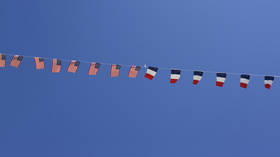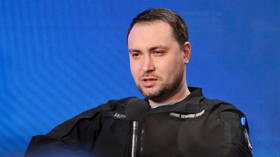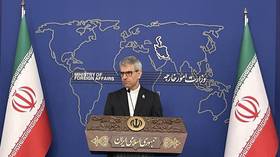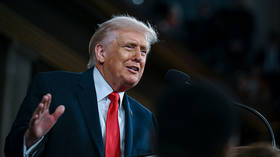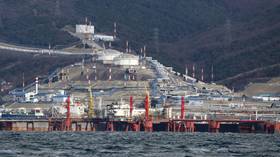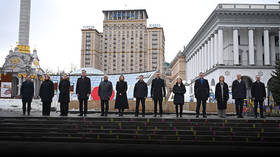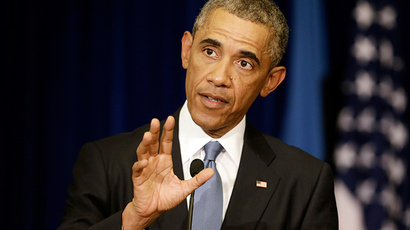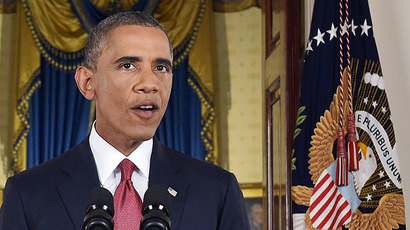Washington moots possible airstrikes on Syria’s air defenses
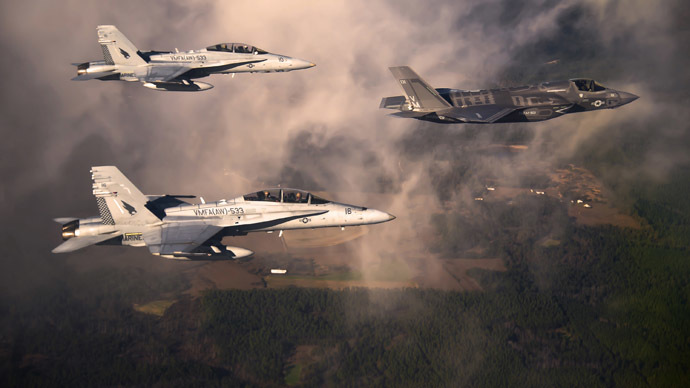
The US Air Force will strike back at Syria’s air defense if they interfere with US plans for bombing positions held by Islamic State militants (IS, formerly ISIS), according to recent reports. IS has a significant presence in Syria.
AP’s anonymous sources in the Obama administration revealed on Monday that the US is ready to ‘retaliate’ against Syrian President Bashar Assad's air defenses if they attack American fighter jets launching airstrikes on Syrian soil. The US “has a good sense of where the Syrian air defenses, along with their command and control centers, are located,” AP informed.
On September 10, American President Barack Obama authorized broader US military involvement to hunt down the fighters of the notorious Islamic State jihadist group in Iraq, Syria and “wherever they exist.”
Just a day before, Russia’s Foreign Minister Sergey Lavrov warned against such actions. “There are reasons to suspect that air strikes on Syrian territory may target not only areas controlled by Islamic State militants, but government troops may also be attacked on the quiet to weaken the positions of Bashar Assad’s army,” Lavrov said last Tuesday.
Moscow urged the West to respect international law and undertake such acts only with the approval of legitimate governments of states.
The day after Obama’s statement on fighting Islamic State terrorists, State Department Spokesperson Marie Harf rejected the idea that US air strikes on Syrian soil would constitute a violation of international law and the UN charter, which prohibits violation of the territorial integrity of a UN member state without the country’s permission, or a resolution from the UN Security Council.
“The [US] President has the authority as Commander-in-Chief under the United States Constitution to take actions to protect our people. And any action we take overseas, of course, we will have an international legal basis for doing so. I don’t have predictions about what that is, given we haven’t announced additional actions yet,” Marie Harf said on September 11.
On Monday, September 15, the US Air Force launched a first airstrike against Islamic State militants near Baghdad.
Later on the same day, White House spokesman Josh Earnest told journalists that if Syrian forces target American aircraft, there will be “rules of engagement that are related to any military orders the president directs.”
“It won't surprise you to know that there are contingencies related to self-defense when it comes to these sorts of rules of engagement,” Earnest said.
The complexity of the situation hinges not only on the fact that both the Assad regime and the Obama administration are fighting the same enemy – the Islamic State. There was a report on Saturday that Islamic State militants have struck a deal with moderate Syrian rebels, not to fight each other and focus on toppling the Assad government.
These ‘moderate’ Syrian rebels are exactly those groups that Washington has been actively supporting through the years of the Syrian civil war, whereas the deal itself was brokered by the Al-Nusra Front, an Al-Qaeda branch in Syria. This makes picking targets for possible US airstrikes in Syria a very hard task.
If the US Air Force engages targets inside Syrian territory, it is likely to face the most advanced air defenses they have confronted since Operation Desert Storm in 1991 in Iraq.
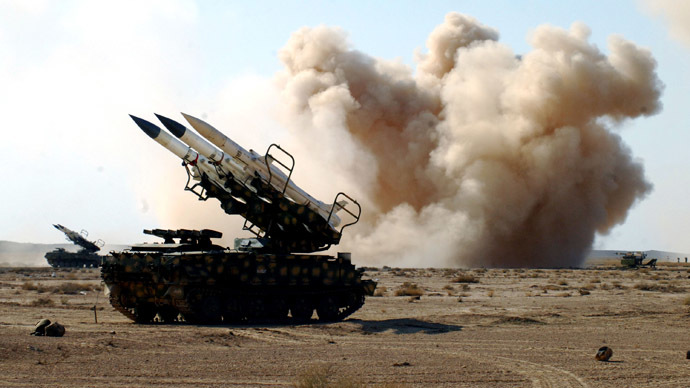
Although most of President Bashar Assad’s air defenses are Soviet-made, they have been updated by Russia in accordance with contracts in force between Moscow and Damascus. Russia has also received orders and probably delivered a number of the latest medium and short-range BUK-M2 and Pantsyr-S1 complexes to Syria.
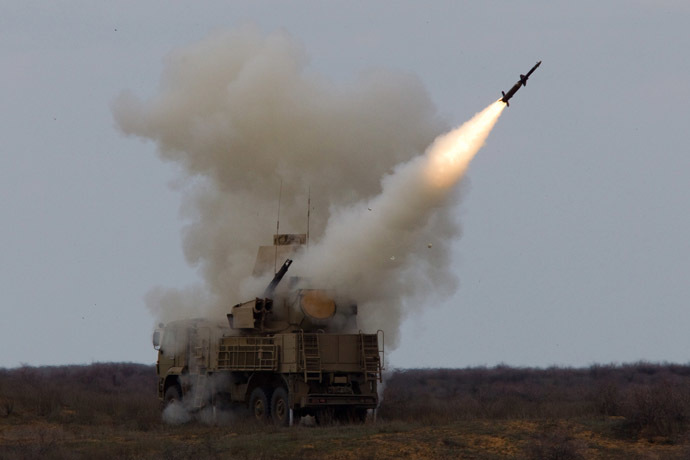
Russia suspended its contract with Syria to supply S-300 long-range missile systems back in 2012.


